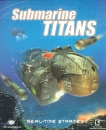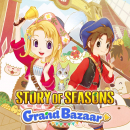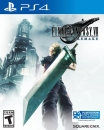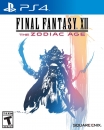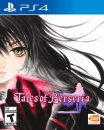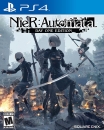It depends, I have three different cases here:
1. When I’m doing chore-like things in a game already, like collecting crafting material, I have no problem using a guide: Stardew Valley, Animal Crossing, Final Fantasy 8, Witcher 3, and Breath of the Wild all have these sorts of crafting segments. And even then, I normally don’t use any kind of a guide until I’ve thoroughly explored the game. But I don’t care too much about that. No problems with guides in this case.
2. But when it comes to adventuring and walkthroughs, it’s like using a fork to eat skittles - it turns a fun and delightful experience into a massive chore. This typically ruins games for me, and I’ll lose interest and stop playing a game shortly after I have to use a walkthrough. Examples include the pre-BotW Zelda games. These are typically easy games, but then they stick hidden keys, switches, or even puzzles, you need to complete in order to progress the game. This more or less ruined Ocarina of Time for me and, while I finished it, it was the only 3D Zelda game finished until Breath of the Wild. Metroid Prime was much worse because you could miss one necessary scan space (and there are perhaps thousands of those). I have problems with guides in this case because then it turns into a chore replaced with instructions instead of adventure. So, either chore your way through the game, or spend hours wandering around 37 rooms you’ve seen 18 times already… just to find a key/switch. To reiterate: the moment I use a guide is the moment I lose all interest in the game.
3. When the guide plays an important part of the game. These sorts of guides come packaged with the game; although, this has been very uncommon since the mid-1990s, and it’s generally split into two sub-types:
A. Necessary guides, it wasn’t out of the ordinary for guides to be an essential part of the experience. In the old days, certain types of games (namely the ones I liked, RPGs, adventures, strategies) were less intuitive and didn’t give all the information. They often required a guide for details not shown or explained in the game. Example: in the NES version of Final Fantasy 1, the stats for weapons (who could equip them) and such weren't in the shop menu, but on the back of a big fold-out guide, along with other bits and bobs of information. You didn’t know the value and usage of the weapon until after you bought it, that would later be included in future FF games and fixed in later versions of FF1. Even in the 1990s this stuff still happened, Lord of the Rings on SNES required the maps or you wouldn’t know what to do in the game. I kinda hated these because if you lost them the game became almost unplayable.
B. As a game enhancement tool: Sid Meier’s Civilization 2, where you got all the history and such on the various buildings, countries you could play, and such. But I think the best example of this is the Earthbound Guide. You don’t need it to play the game, but it makes the whole game feel like a vacation, as it treats each new town as a tourist destination. There are ads for in-game businesses, background stories of characters and locations, and all sorts of other details - it was a vacationers pamphlet. You can play Earthbound without the guide, but it’s a better experience with it. So I like these sorts of guides because it adds a whole new dimension of fun. I love these.

In fact, I think the Earthbound Guide is one of the all-time best accessories for an individual game.
Last edited by Jumpin - on 25 August 2024






































